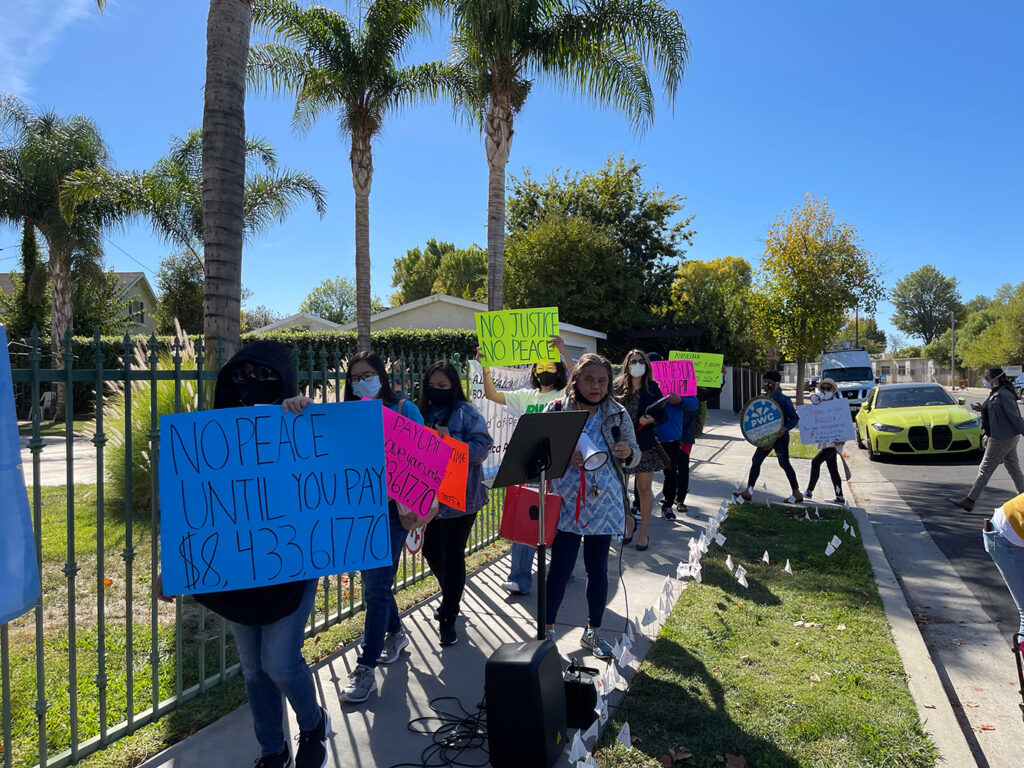3 Minute Read
Daniel Reyes (not his real name, to protect him from retaliation) is a residential care worker who came to the U.S. from the Philippines in 2013.
He had to work 24-hour shifts, six days a week, yet was only paid $50 a day by Adat Shalom Board & Care, Inc., to care for elderly patients with dementia, Alzheimer’s and Parkinson’s.
Reyes was afraid to speak up. Colleagues who did, he said, were called into the office and reprimanded, some fired late in the evening and asked to leave the premises immediately, far from home and without transportation.
Wage theft can be very hard to prove. It is common for employers to go to great lengths to avoid prosecution and avoid paying the back wages and fines workers are owed. The state must rely on records or testimony from workers themselves, both of which are difficult to obtain. And groups most impacted by wage theft are those who face the greatest barriers to coming forward to report these abuses.
The residential care workforce is made up largely of immigrant women of color, said Aquilina Soriano Versoza, the executive director of Pilipino Workers Center, the organization that worked with Reyes and his colleagues. Soriano Versoza said that immigrant workers “don’t necessarily know how to enforce their rights or what protections there are.”

The Pilipino Workers Center supported Adat Shalom caregivers over many months to help them file a complaint of wage theft with the California Labor Commissioner’s Office.
“We want justice to prevail,” Reyes said. “Because if not, they are going to do it again and again and again.”

In 2021, the state of California ordered Adat Shalom and its owner to pay 148 workers more than $8.5 million for unpaid wages and violations, upholding citations originally issued in 2018 by the labor commissioner in one of the largest cases of wage theft in the residential care industry.
Yet despite this victory, the process of recovering Adat Shalom workers’ lost wages has been long and difficult. Organizers say efforts to keep workers from feeling defeated is one of the hardest parts of their work.
On average, workers in California waited 396 days for the state to adjudicate their wage claim, according to the Legislative Analyst’s Office. Most workers who report wage theft in California do not see their wages returned.